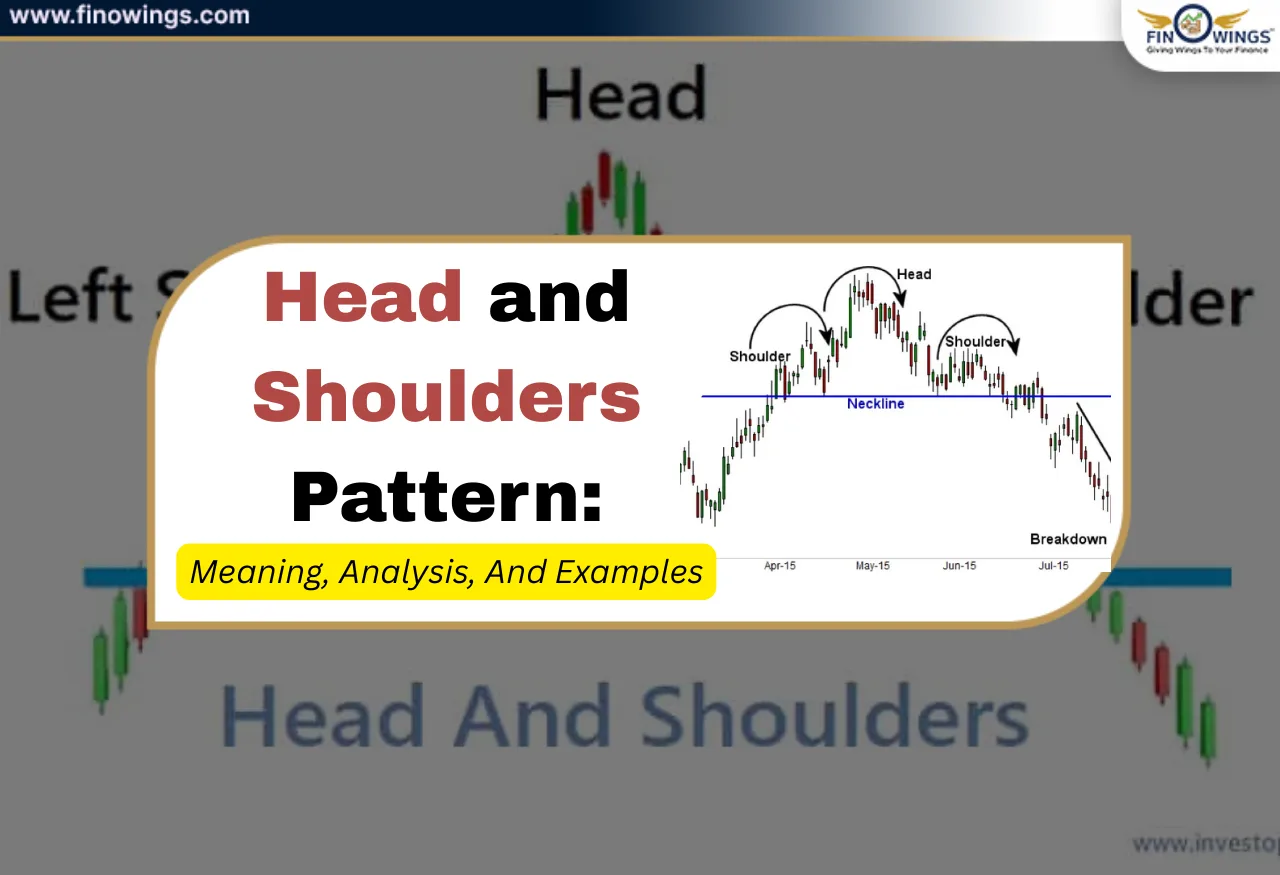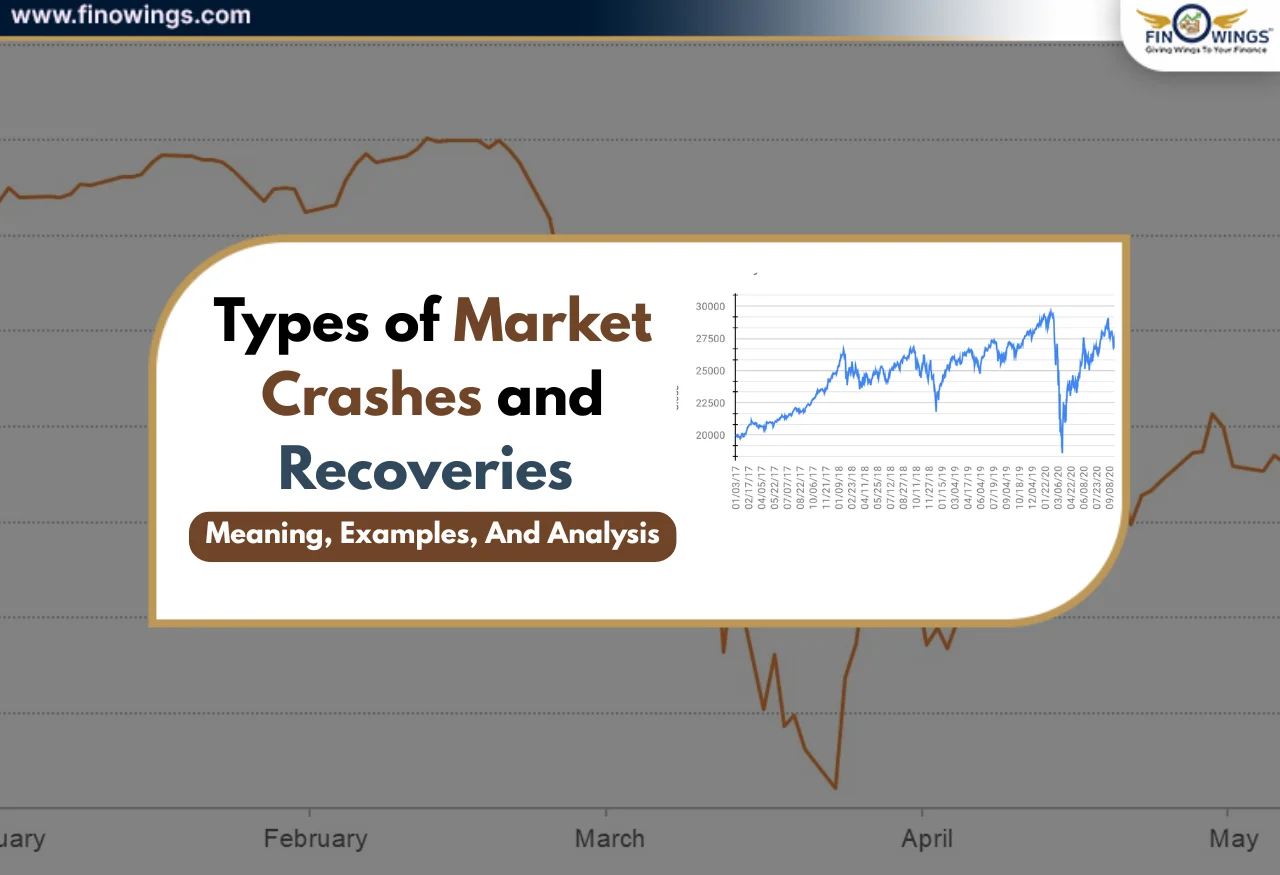Home >> Blog >> Impact of US Bond Yields on the Indian Stock Market
Impact of US Bond Yields on the Indian Stock Market

Table of Contents
Introduction
In recent months, the US market has been experiencing panic due to a significant rise in bond yields. This article delves into the critical factors contributing to this situation, its potential repercussions on the Indian market, and provides insights for retail traders. We will explore the impact of rising US bond yields and their implications on the global economic landscape.
Why Are US Bond Yields Causing Panic?
The US 10-year bond yield has reached a 14-year high, surpassing levels seen during the 2008 financial crisis. This surge in bond yields is a source of concern, as it signifies a potential shift of funds from the stock market to the bond market, which could exert downward pressure on equity markets.
Understanding the Relationship Between Stock Markets and Bond Yields
Bond yields and stock markets have a negative correlation. Investors seek higher returns with lower risk, making bonds an attractive alternative when yields rise. This dynamic can lead to a shift of capital from stocks to bonds, affecting stock market performance.
Detailed Video
US Inflation and Its Impact
US inflation reached a staggering 9.1% in June 2022, prompting the US Federal Reserve to raise interest rates to combat it. The increase in interest rates aims to reduce inflation and stabilize the economy. The fear of high inflation and the need to draw funds from the economy to curb it are contributing to the current panic in the US market.
Other Factors Amplifying Panic
Apart from rising bond yields, several other factors are adding to the unease in the US market. Banks are facing substantial unrealized losses, with implications for the broader economy. The Reserve Coverage Ratio has surged to 225%, reflecting concerns about loan defaults. Additionally, the US's interest payments and military spending are now nearly equal, raising concerns about the economy's overall health.
The strategic petroleum reserve in the US is at its lowest levels since 1993, which indirectly affects the economy as it relies on oil reserves for various sectors.
Impact on Indian Markets
The global economy is interconnected, and any crisis in the US can have a ripple effect on other markets, including India. The Indian IT sector and logistic companies are particularly vulnerable, as they derive a significant portion of their revenue from the US market. The ongoing tension in the US has already led to a 6% drop in the Nifty IT index and increased logistic costs.
What Retail Traders Can Do?
In times of market volatility, retail traders should remain calm and focused. India's economy is fundamentally strong, and long-term investments in fundamentally sound stocks are recommended. This is also an opportunity to consider investing in the IT sector, which may see a rally in the near future. Regular, systematic investment (SIP) and diversification across industries can help mitigate risks.
Conclusion
In conclusion, understanding the impact of US bond yields on global markets is crucial for investors. While the current situation may cause concern, a well-thought-out investment strategy and a long-term perspective can help retail traders navigate the challenging economic landscape. Stay informed, stay diversified, and remain resilient in the face of market turbulence.
Author
Frequently Asked Questions
Bond yields represent the interest paid on bonds, usually expressed as a percentage of the bond's face value. They matter in the stock market because they indicate the opportunity cost of investing in stocks. When bond yields rise significantly, they become more attractive to investors seeking lower-risk returns, potentially leading to a shift of funds from stocks to bonds, which can put downward pressure on stock prices.
Rising US inflation can impact the bond market by eroding the real returns on bonds. To combat inflation, central banks like the US Federal Reserve may raise interest rates. Higher interest rates can cause the value of existing bonds to decline, as new bonds offer higher yields. For the economy, inflation can reduce purchasing power, disrupt economic stability, and prompt central banks to implement policies that can influence the financial markets.
Bond yields and stock market performance often have an inverse relationship. When bond yields rise, bonds become more attractive, potentially causing investors to move money out of stocks and into bonds. This shift can lead to lower stock prices. Conversely, when bond yields fall, stocks may become more appealing, leading to higher stock prices.
Retail traders can protect their investments during market panics by maintaining a diversified portfolio. Diversification across various asset classes can help spread risk. Additionally, a long-term investment approach and avoiding knee-jerk reactions to market fluctuations are advisable. Regularly reviewing and adjusting one's investment strategy in line with financial goals is crucial.
Industries that are heavily dependent on exports to the US, such as the Indian IT sector and logistics companies, are particularly vulnerable to US market fluctuations. These industries may experience revenue declines if the US economy faces a crisis, impacting their profitability.
Political instability in the US can be a cause for concern for global markets because the US plays a significant role in the world economy. The US dollar is a global reserve currency, and disruptions in the US can lead to uncertainty in financial markets. Political instability can impact economic policies, trade relationships, and overall market sentiment, potentially affecting global economies and financial markets.
















